Spec Faith 2016 Summer Writing Challenge Finalists
 Special thanks to all who entered this year’s summer writing challenge and all who gave their feedback in the preliminary round.
Special thanks to all who entered this year’s summer writing challenge and all who gave their feedback in the preliminary round.
We had a lot of entries that received a high number of thumbs up. No ties, though. But clearly there was a lot to like in these submissions. I hope the writing challenge has encouraged and inspired writers to continue developing their storytelling skills.
As always, we’ve selected three finalists, based on visitor responses over these past two weeks. So here, in alphabetical order by last name, are your 2016 Summer Writing Challenge finalists: Bethany A. Jennings, Cassie Stevens, and Kat Vinson.
All that’s left is to select the winner. Choose from these entries and vote in the poll at the end of this post for one entry you think is best.
The entry receiving the most votes will be the winner, and the author will receive a $25 e-gift card from either Amazon or B&N. (In case of a tie, I’ll draw for the winner).
Voting will last until midnight (Pacific time), Sunday, September 4.
And now the finalist entries:
By Bethany A. Jennings
Josie MacDonald wasnât hearing things—at least not things other people could hear.
Fear crawled up my throat. I held the phone to my ear, unable to keep my feet still on the kitchen linoleum.
âYou have reached the Lobere Mental Health Center,â said a robotic voice for the twentieth time. âYour call is important to us. Please remain on the line.â
It was too late, wasnât it? Iâd committed her. If I tried to get her released, would they ask why? Would they try to commit me too?
Jordan toddled past, carrying a wooden duck in his arms. I ran my hand over his honey-colored curls.
The creatures would come again. The voices. The figures fading into sight. They might try to speak to Jordan next time. They might whisk him awayâŚsuck him into that other dimension-place.
My chest constricted until I could barely breathe. âI just want my mom back, okay?â I whispered back at the automated message. âI was wrong. I donât know what to do. She said used to fight these creatures. So someone please, please pick up. Pick up soonâŚâ My eyes prickled with tears. âI need my mom back.â
A click resounded on the line and a voice fired out like a shot. âMrs. Simmons?â
My fingertips went numb. The doctor with the strange eyes and the icy hands â I thought he worked at the other hospital! I thought weâd gotten away from him.
He spoke again, smooth and cool this time. âHello, Mrs. Simmons. I want you to repeat everything you just saidâŚveryâŚcarefully.â
âUmâŚâ I backed up against the counter. âMay I speak to the hospital administrator please?â
âOf course, maâam.â His voice dripped through the speaker like a liquid drug. âYou hold on there, and someone will be right with you.â
A loud buzz smacked me out of my shock.
The doorbell.
– – – – –
By Cassie Stevens
Josie MacDonald was not hearing things—at least not things other people could hear.
MacDonald acquaintances filed past to say their final farewells to her mother while Josie fought to hold a neutral expression on her face. Her eyes watered from the glare off the coffin and its stand. Sheâd picked wedge heels to go with the black dress, and they sank in the soft turf when she shifted in place.
As super powers went, she usually wished she could throw fire from her fingertipsâsomething impressive and obvious. A healing touch could have prevented this graveside ceremony. But no, it was the unvarnished truth for Josieâpublic and private versions of every statement crystal clear in her inner ear. She heard it all, whether the dual tracks were jarring dissonance or harmonious truth.
Martha MacDonald had lived by the creed that gifts were meant to help people. As long as Josie could remember, sheâd watched her motherâs kindness be taken for granted, taken advantage of, and spurned. Josieâs attempts to be helpful by passing on what sheâd read in people hadnât been welcomed. All truth-speaking had got her was a reputation for sharpness and belligerence.
âYour mother will be missed, Miss MacDonald.â
The stranger wore a sharp black suit and aviator sunglasses. His smile was white and evenâbland and unassuming, just like his statementâbut there was an odd void behind his voice, a screaming silence where one of the tracks was supposed to be.
Suddenly, the sunshine felt cold on Josieâs skin. Itâd taken her years to distinguish between what she was meant to hear and the private versions, but now, without the other to balance it, she didnât know which one she was hearing.
Sheâd wondered what it would be like to be normal. This was not how she wanted to find out.
Fireballs would have been so much less complicated.
– – – – –
By Kat Vinson
Josie MacDonald was not hearing things—at least not things other people could hear. Heâd woken up with a pounding headache and a cacophony of voices overwhelming his ability to think. But his wife was asleep in bed, the kids still snoozing in theirs. The house was dark and otherwise empty â so why was his world so loud?
He stumbled to the bathroom and downed three aspirin, splashing a handful of water into his mouth to help them go down. Sinking to the floor he clutched his head between his hands, struggling to remember those pressure points Bonnie always touted for her migraines. Thatâs right â his temples! He shifted his hands and pressed, praying urgently for the pain to dissipate. As he rubbed his fingers in a circular motion, the voices began to shift and focus.
He heard his wifeâs voice singing but he could still see her sleeping form under a mound of blankets across from the bathroom door. He also heard laughter that sounded just like Suzy and Jann when they played dolls together. He squeezed his eyes shut and listened harder. Someone was crying⌠about an avalanche of pickles? And someone elseâhe thought he recognized the voice of Bryce two doors downâ was laughing maniacally and bragging about his new monster truck?
Josieâs fingers dropped from his face and he gaped, unseeing, past the towels hung haphazardly over the shower rod. Could he. . .be hearing. . .dreams?
– – – – –
Be sure to share this post and poll with your friends and family, your Google+ circles and your Pinterest people, your Facebook friends and Twitter followers. The more voters, the better.

































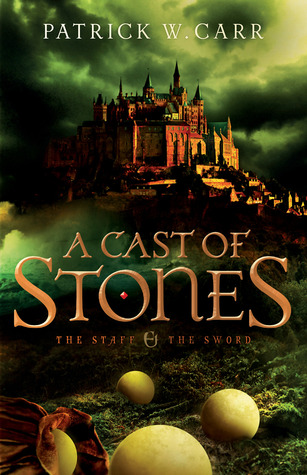
 I could even have told you, in my more transparent moments, that I never expected
I could even have told you, in my more transparent moments, that I never expected 
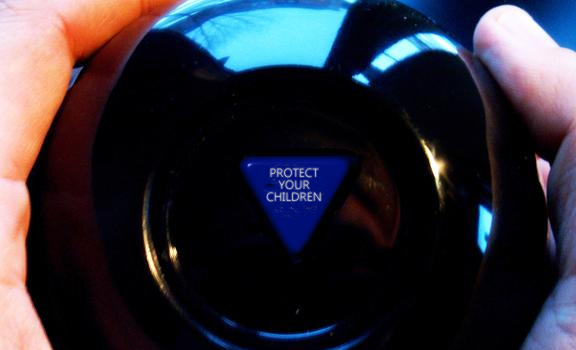

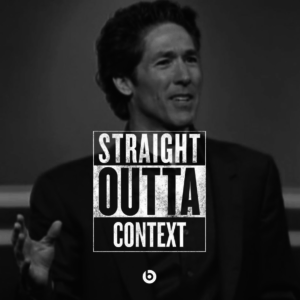 Of the many magic spells Christians try to cast, this one is probably the worst. Itâs also the most developed magic system among professing Christians. Hereâs a basic overview of it:
Of the many magic spells Christians try to cast, this one is probably the worst. Itâs also the most developed magic system among professing Christians. Hereâs a basic overview of it: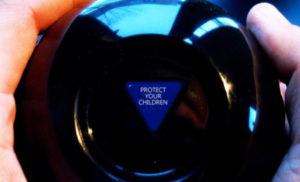
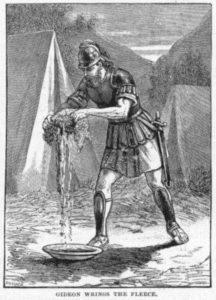
 4. Sorcerous âspiritual warfareâ spells
4. Sorcerous âspiritual warfareâ spells
 1. Only explore the âwhyâ of these genres
1. Only explore the âwhyâ of these genres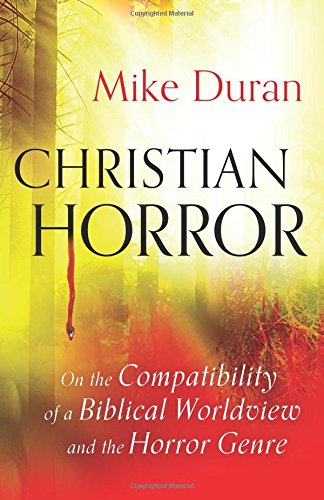


 unfortunate, because Leaf By Niggle is the most magnificent allegory I have ever read. Allegory has in some quarters a reputation for being heavy-handed, but the more subtle allegories give readers leeway to make their own interpretations.
unfortunate, because Leaf By Niggle is the most magnificent allegory I have ever read. Allegory has in some quarters a reputation for being heavy-handed, but the more subtle allegories give readers leeway to make their own interpretations. fiction is seen through the prism of each individual’s beliefs and knowledge and experiences. Consequently, all fictionâand especially speculative fiction, with its departure from strict factsâmay easily mean different things to different people.
fiction is seen through the prism of each individual’s beliefs and knowledge and experiences. Consequently, all fictionâand especially speculative fiction, with its departure from strict factsâmay easily mean different things to different people.


 It’s time for another Spec Faith Writing Challenge.
It’s time for another Spec Faith Writing Challenge.






